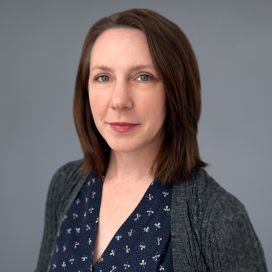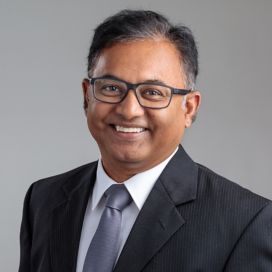In many contexts, land constitutes households’ most important economic asset. Strengthening and formalizing land and resource rights can improve a wide range of development outcomes, including individual and communal land tenure security, agricultural productivity, land governance and natural resource management, food security, economic growth, and women’s empowerment. But, there are important knowledge gaps in whether and how Land and Resource Governance (LRG) programs can achieve intended objectives, reasons why, under what contexts, and for whom.
NORC’s LRG expertise supports USAID and other clients to adapt, strengthen, and learn from land tenure strengthening and land formalization activities in multiple contexts. NORC’s evaluations, targeted research, and related programming support in the LRG sector have helped to deepen the evidence base, fill important knowledge gaps, and refine theories of change for how strengthening land rights can catalyze a wide range of broader development objectives.
For the Communications, Evidence, and Learning (CEL) Project, NORC help to build USAID’s evidence base on LRG programming to enhance local capacity for land governance, strengthen knowledge on land laws and rights, enable participatory land mapping and land registration within communities, and provide individuals with legally recognized and formalized documentation of land rights. Under CEL, NORC completed over 25 research activities, including evaluation feasibility assessments, literature reviews, impact and performance evaluation designs, baseline, endline and follow-on studies, and desk-based reviews of land and resource governance programming in Colombia, Democratic Republic of Congo, Ghana, Liberia, Mozambique, Tanzania, and Zambia.
As part of the E3 Analytics and Evaluation Project, NORC led evaluations of participatory mapping and customary land certification programs in Tanzania and Mozambique. This included the design, baseline, midline, and endline of a randomized controlled trial (RCT) of customary land formalization in Tanzania, providing insights into how participatory mapping, registration, and provisioning of formalized documentation of smallholder land rights affects household tenure security, farm investments, and livelihoods.
Land & Natural Resource Governance Experts
-
Lauren Persha
Principal Research Scientist -
Protik Ali
Principal Research Scientist


